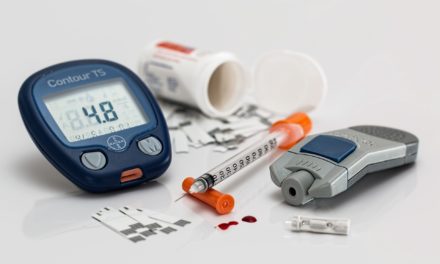
Commercial real estate at One Bryant Park, NYC, courtesy of Ryan Browne, Cook+Fox Architects, CC BY 3.0.
These are some of the stories we’ve been following this week.
- Commercial property sales dropped sharply in February. Economic uncertainty and volatile financial markets may have weakened demand, and prices have started to drop in some sectors.
- Foreign investors have been putting a lot of money into buying U.S. real estate. Many foreign investors see investing in the U.S. as a relatively safe investment.
- Floyd County, Georgia, is considering clarifying its fracking laws in an effort to protect residents’ property without prohibiting industry. The decision to revisit the laws came after residents contacted the county commissioners with concerns about the potential of fracking operations coming to the area.
- Both Democratic presidential candidates have expressed disapproval of hydraulic fracturing, in stark contrast to the three Republican candidates who support the process. However, it may be hard to end all fracking operations in the country. Along with horizontal drilling, fracking has increased U.S. energy independence and shifted energy production away from coal-fired power plants.
- Oregon recently passed the “Clean Electricity and Coal Transition Plan” bill that will phase out coal-fired power by 2030 and require half of the state’s energy to come from renewable resources by 2040.
- Although some businesses may see the U.S. EPA’s rules as a burden, other companies are using the rules as a way to expand their reach and increase profits. Entire industries have evolved in response to environmental legislation, such as businesses that reduce, control, store, and reuse coal ash.
- Well owners in North Carolina are worried that their water is not safe to drink, even though officials have lifted a “do not drink” warning for their wells. The wells are located near Duke Energy’s coal ash pits, and last year residents were told that water from the wells exceeded screening levels for one or more contaminants.
- Environmentalists have been keeping an eye on the spring runoff from the Animas River. Although recent water samples showed that most metals were at levels considered safe for recreational and agricultural use and domestic water supply, some metals were at levels that could pose a chronic health risk for fish, who bioaccumulate metals over time. The area is already seeing fewer anglers due to media coverage of the Gold King Mine leak last summer.
- The town of Ellery, New York, has sued the New York State Department of Environmental Conservation and Chautauqua County over plans to expand the county landfill. The parties have not been able to reach an agreement regarding environmental review and hosting fees.
- An environmental law firm has sued the British government over failing to sufficiently reduce air pollution. The lawsuit alleges that government officials are not doing enough to meet the European Union’s goals to reduce nitrous dioxide, produced mainly by diesel engines.





Recent Comments